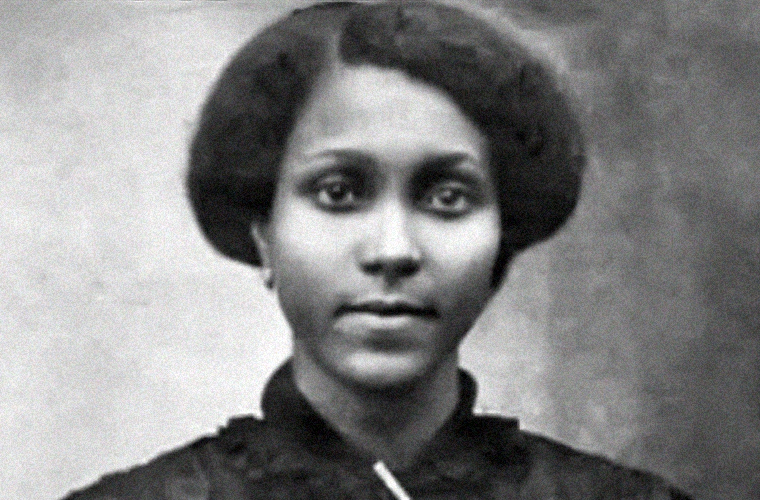Her life story was as incredible as that of her son. Yet until recently, there was very little known about Louise Little. Without her, there would have been no Malcolm X. Not only because of her role as his mother but because her teachings including passing on values of pride and racial consciousness did help shape Malcolm X to become who he is known for today. Indeed, Little’s other children would go on to become illustrious and distinguished people, thanks to her values.
A Grenadian-born mother, she did amazingly well to keep her family together. At the same time, she was a Garveyite grassroots activist who helped to push forward the causes of Black nationalism and Pan-Africanism. It’s unfortunate that when she is discussed, she is often described as a good mother and faithful partner while her life as a radical activist who challenged patriarchy and racism is relegated to the background.
Others also remember her as being taken to Kalamazoo State Hospital, a psychiatric facility, where she spent nearly 25 years. It has since emerged that Little wasn’t sent to the psychiatric facility largely because she was unwell, but she was placed there because of “systemic racial injustice” that brought her down.
Born Louise Helen Norton Little in Grenada in 1897, she was raised by her grandparents, Jupiter and Mary Jane Langdon. In 1917, she left Grenada for Montreal, where she lived for about two years. It was in Montreal that she was first introduced to Garveyism through her uncle, Edgerton Langdon. She joined Marcus Garvey’s Universal Negro Improvement Association (UNIA), which protested against racial discrimination and encouraged self-government for Black people all over the world.
She later met Earl Little, who was from Georgia. They got married in Montreal before moving to Philadelphia, and then to Omaha in 1921.
Women were not allowed to be presidents of Universal Negro Improvement Association and African Communities League chapters, so Little used her position as the Omaha UNIA secretary to shape the decisions members of the branch took. It is documented that out of the about two million members of the Garvey movement, Little was so close to Garvey that she wrote letters on his behalf and even helped to shelter him in her home when he was being hunted by the FBI.
While being a committed Garveyite grassroots activist, Little never forgot her family duties. As an educated woman who could speak several languages including English, French, Patois, she taught her children French while ensuring that they were aware of things happening around them. She made them read newspapers such as the Negro World, the official periodical of the UNIA, and newspapers from Grenada.
After her husband died, she passed for white and was able to get cleaning jobs with white families. But soon, her family had to go on welfare. Despite her resistance, welfare workers insisted that she was not capable of raising her children. And after a brief affair with a Black man from Lansing that didn’t end well, she was no longer able to keep the family together. According to one account, she suffered a mental breakdown and was committed to the Kalamazoo State Hospital.
After 25 years at the facility, she came out strong when her family secured her release in 1963. Little lived for 26 more years with her surviving family and descendants in Grand Rapids, Michigan before she breathed her last in 1989.
“What most intrigued me was her resilience. She was institutionalized at the Kalamazoo Mental Hospital from 1939 through 1963. But, she lived almost 30 more years after her family got her out of that hospital,” said Erik Mc- Duffie, professor of African American Studies at the University of Illinois at Urbana-Champaign.
“Her time in that hospital can be viewed as a form of incarceration because the state targeted her because she was proud, she was independent, she owned her own land, and she refused to bow down to white supremacy and patriarchy. For these reasons, she was placed in that hospital, her land was taken away from her, and her children were put in foster homes. Despite being hospitalized for 25 years, she survived.”

